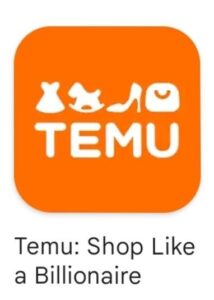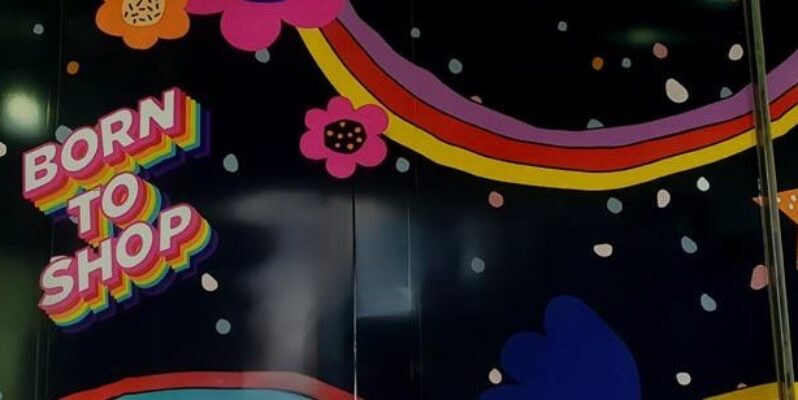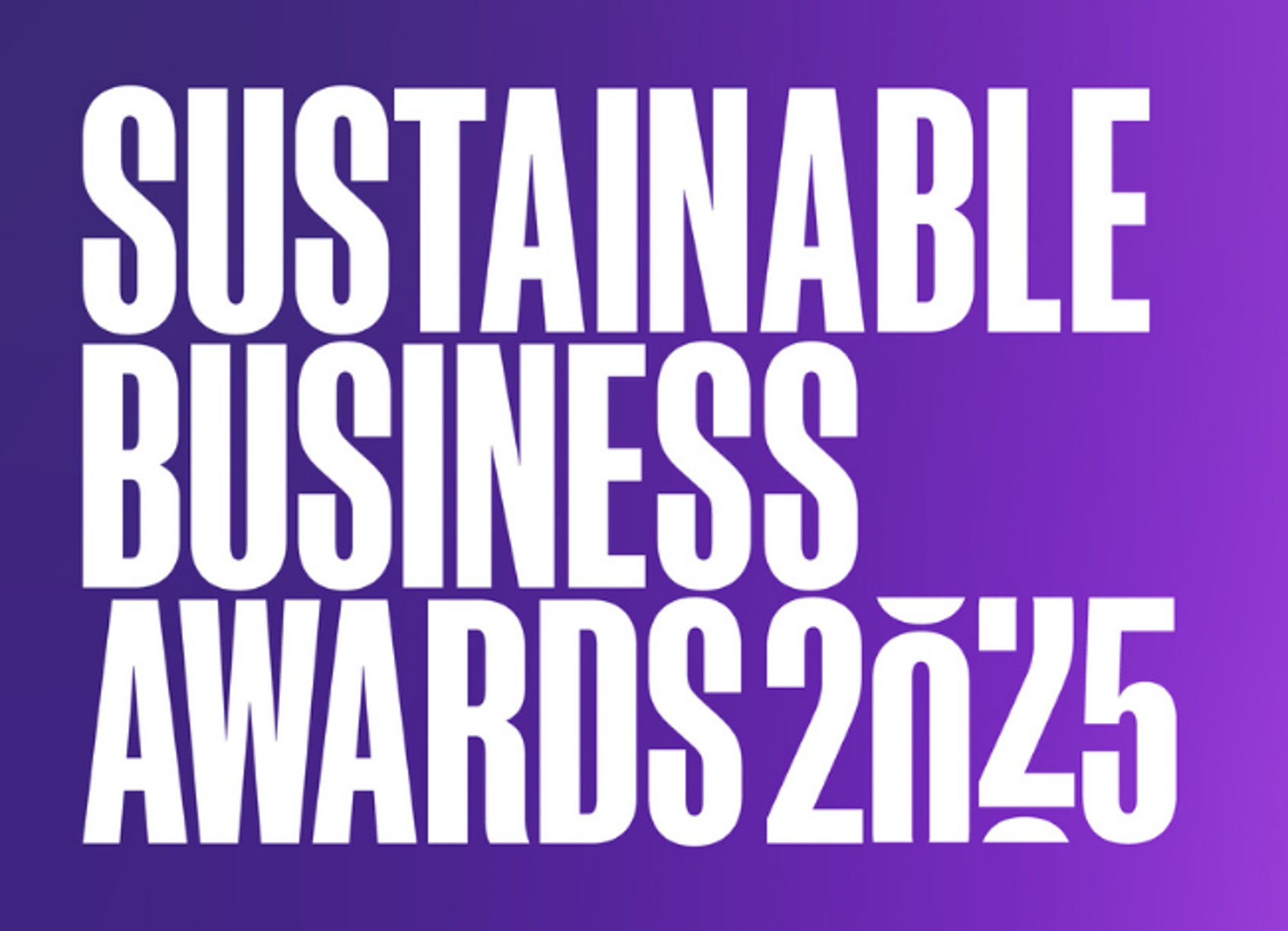On reducing humans to ‘consumers’ and why it needs to stop.
When I talk about the marketing industry I’ve been part of for over 30 years, I describe it as “a powerful sector that makes us feel bad about ourselves, so we buy stuff we don’t need that lasts 5 minutes, by design, and ends up in landfill.”
It’s short hand for what The Merz Institute peer-reviewed paper ‘World scientists’ warning’ 1 describes as; “In an era saturated by brands and marketing, consumption has become less reflective of our physical needs and more reflective of our runaway psychology. For example, we may buy to boost our mood, reinforce our identity or elevate our social status above others.”
This problem is exemplified by how, if someone is marketing to members of the public, the practitioner is trained and normalised to refer to these people as ‘Consumers’.
Status from shopping
Since the 1980s, our pe rceived worth in society, in wealthier countries, has become increasingly determined by our ability to ‘consume’. Spending is framed as a patriotic duty. Disposable income is heralded as the goal for success and security. Over time, and from generation to generation, our self-perceived worth becomes dimmed if we can’t shop our way to instagram glamour. Temu’s marketing taps directly into this when it tells us ‘Shop like a billionaire’. The Spencer Outlet Centre, Melbourne, greets customers with the ‘Born to Shop’ mural shown above. It playfully tells us we are defined by what we buy.
rceived worth in society, in wealthier countries, has become increasingly determined by our ability to ‘consume’. Spending is framed as a patriotic duty. Disposable income is heralded as the goal for success and security. Over time, and from generation to generation, our self-perceived worth becomes dimmed if we can’t shop our way to instagram glamour. Temu’s marketing taps directly into this when it tells us ‘Shop like a billionaire’. The Spencer Outlet Centre, Melbourne, greets customers with the ‘Born to Shop’ mural shown above. It playfully tells us we are defined by what we buy.
In many countries, we have ended up in the perverse and self-defeating situation where fewer people can afford the basics of a warm, dry home and food on the table. Meanwhile a tiny minority are literally billionaires, shopping like it, and controlling what everyone else sees in the news and on social media.
Their wealth buys them perceived high-worth and access to power, through government roles or influence and in corporations, as shareholders or Directors. The largest political parties, even supposedly progressive Labour, Labor and Democrat parties internationally, have become afraid to act in any way that challenges this status quo. So taxes for the rich stay at historically low levels and corporate power runs unchecked. GDP is chased, heedless of the harm.
Extreme-consumerism
This carefully cultivated extreme-consumerism has, of course, trashed large swathes of our land, processed the rest of nature into products and filled our oceans and our bodies with tiny bits of plastic that, give humans (and albatrosses) tumours and dementia.
The countless ancient creatures that millennia compressed into oil and coal are burnt, in still increasing quantity to make and ship all these products, releasing the gas that’s already put our planet’s gentle climate into a savage tailspin. We are trading our world away for plastic tat.
Shop less
So, in short, consumerism has stuffed us up and those of us who have enough need to buy a lot less, now.
That’s why, as a team of marketers and communication pros, at GoodSense we only work to support organisations who work for the good of people and the rest of nature.
The Merz Institute scientists say in their paper, with my emphasis;
“In order to effect the rapid changes necessary to secure our long-term survival, we must consider how marketing, behavioural science and other direct instruments of social influence, including but not limited to the media and entertainment industries, might be used in an emergency response to accelerate the process.”
We ‘considered’ this, decided we could help, and have been acting on it at GoodSense, every day, in everything we do, since we started in 2010. There’s no time to lose and so much to be gained.
Our pro nature, people and climate policy at GoodSense determines the projects we say yes to, and it means we take a stand on stuff.
- It’s why we’ve suggested Kantar, who produce New Zealand’s leading research on sustainability, stop using the term ‘consumers’ to describe the members of the public they research. They are uniquely positioned to talk to marketers and other business leaders about why that collective noun for people is part of the problem.
- It’s why we signed up to Comms Declare, which commits us to not working for fossil fuel clients. (I remain stunned this was described as ‘brave’ because I don’t understand how anyone wants to use their skills to scupper life on earth as we know it.)
- And its why we are delighted to see the new B Corp standards rule out certifying Marketing, PR, and consulting firms who derive more than 1% of their total revenue from fossil fuel production, gambling, pornography, tobacco, weapons or prisons and detention centres. (Just for the record, we are zero percent from any of those).
Top 10
So while much sustainability marketing is trying to get people to switch from buying very bad stuff for less bad stuff – like this new top 10 Sustainable Consumer Products – what we really, urgently need is to use our marketing and communication powers to help people, buy and waste less stuff.
So our own hot top 10 at GoodSense includes:
- Working to help us all waste less with Zero Waste Aotearoa
- Working to advance an economy that supports humans and the rest of nature to thrive with Wellbeing Economy Alliance Aotearoa
- Supporting neighbours renting their things to each other with Little Big Shed
- Encouraging students to study the world around them with the NZ Geographical Society
- Helping businesses simplify their sustainability with Sustainability 360
- Teaching people to grow their own clean kai through Papawhakaritorito Trust
- Empowering people to understand science better with The Turnstone
- Connecting indigenous environmental activators through Te Tira Whakamātaki
- Summing up five years’ regenerative work for Project Moonshot
- Increasing ethical business procurement with EcoChoice Aotearoa
You can read about some more of the clients we’ve worked with, and the positive impact they are all having, here.
If you’re in marketing or advertising, join us in challenging how our industry reduces humans to shoppers, consuming our planet for the good of GDP and the harm of everything else. And if you want to talk about any of this, please do get in touch. We can make the changes we need by working together.













